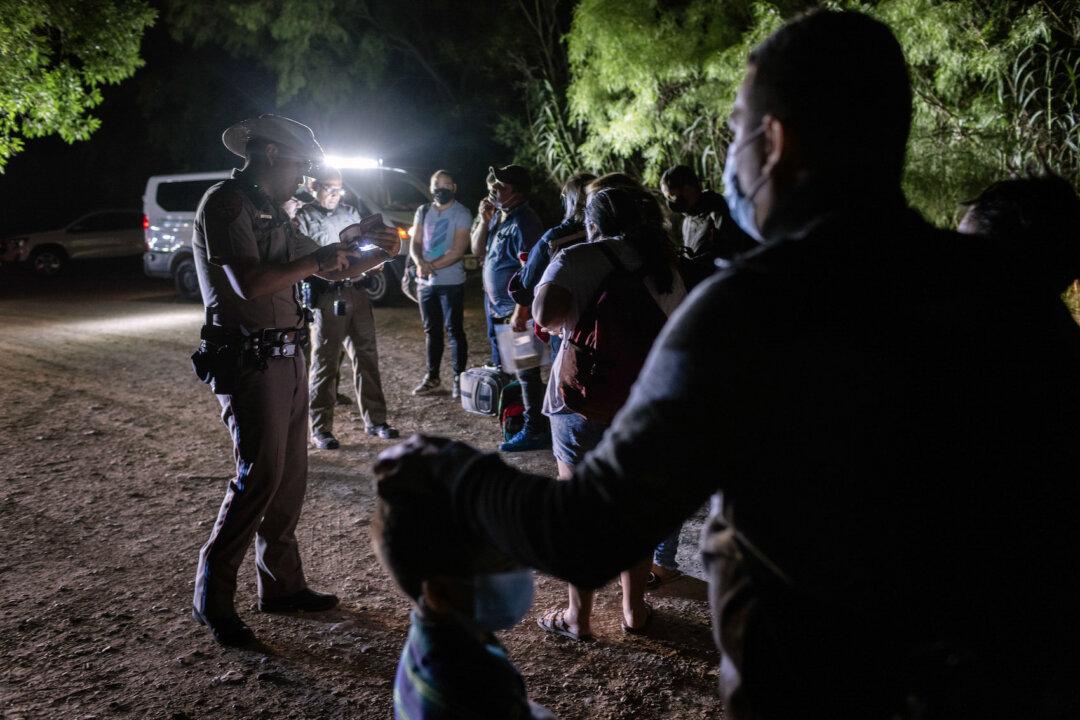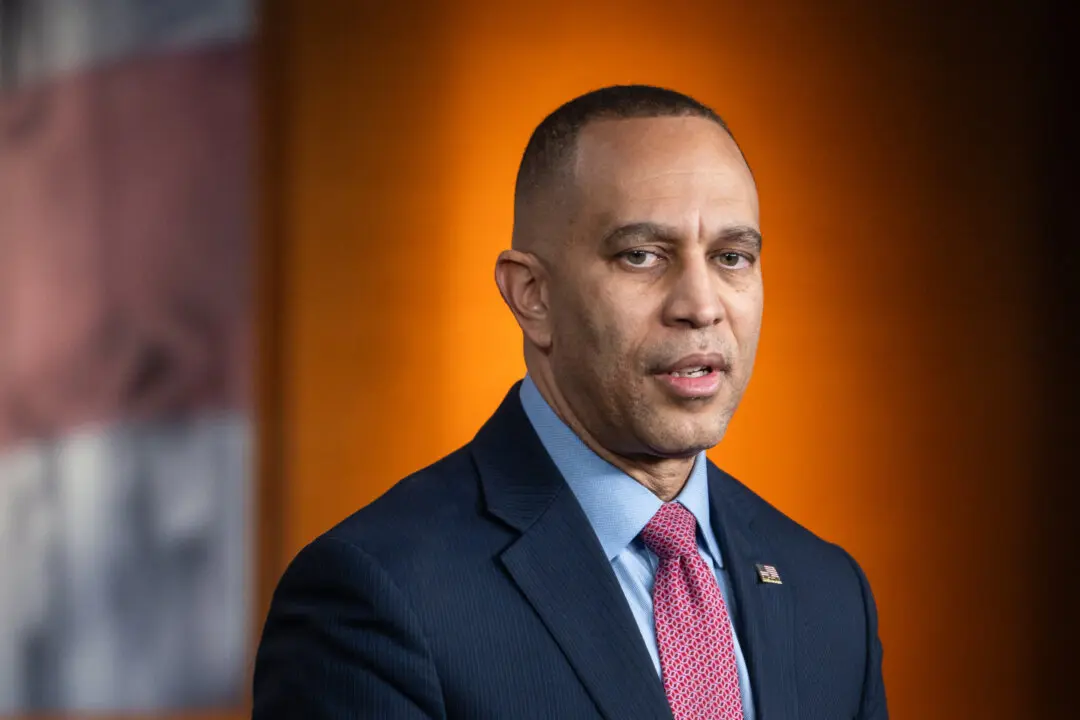A federal appeals court on May 5 rejected the Department of Homeland Security’s bid to stay a lower court ruling that blocked the termination of temporary legal status for hundreds of thousands of Venezuelans, Nicaraguans, Haitians, and Cubans residing in the United States.
In a ruling, a three-judge panel on the First U.S. Circuit Court of Appeals stated that Homeland Security Secretary Kristi Noem had not made “a strong showing” that her categorical termination of the immigrants’ temporary parole would likely be sustained on appeal.





